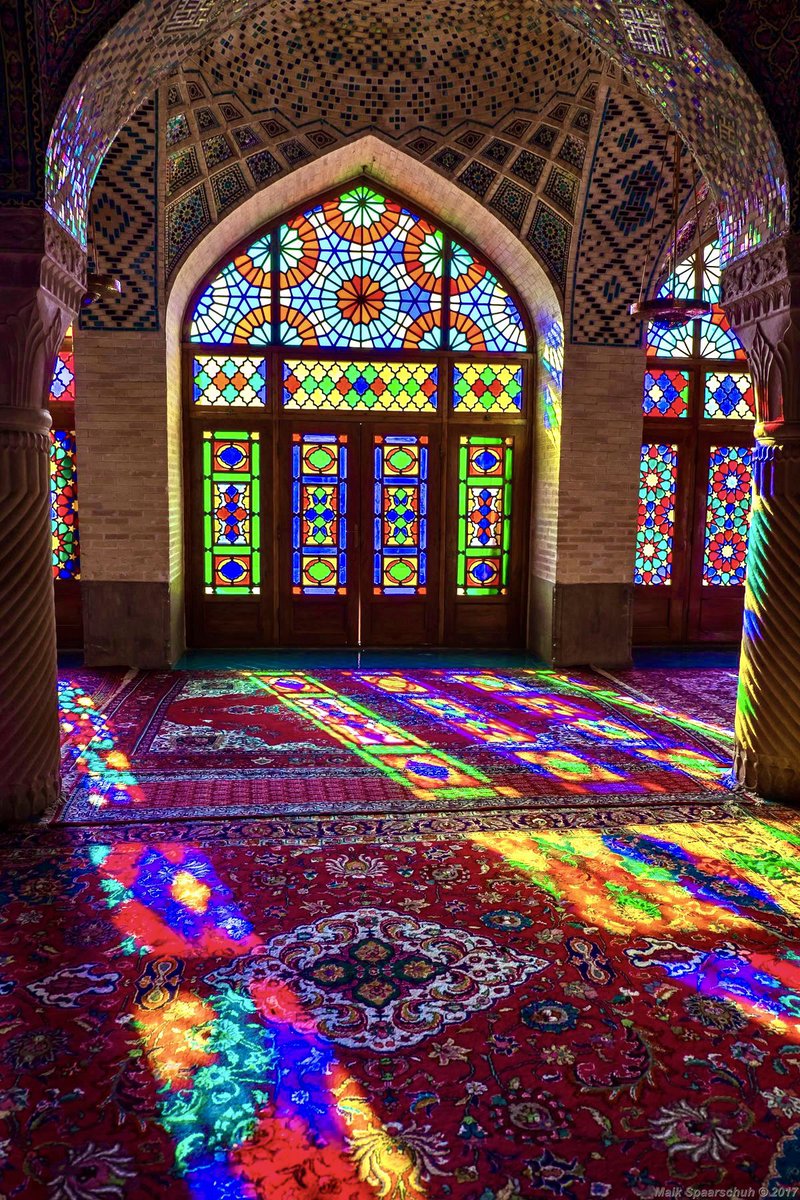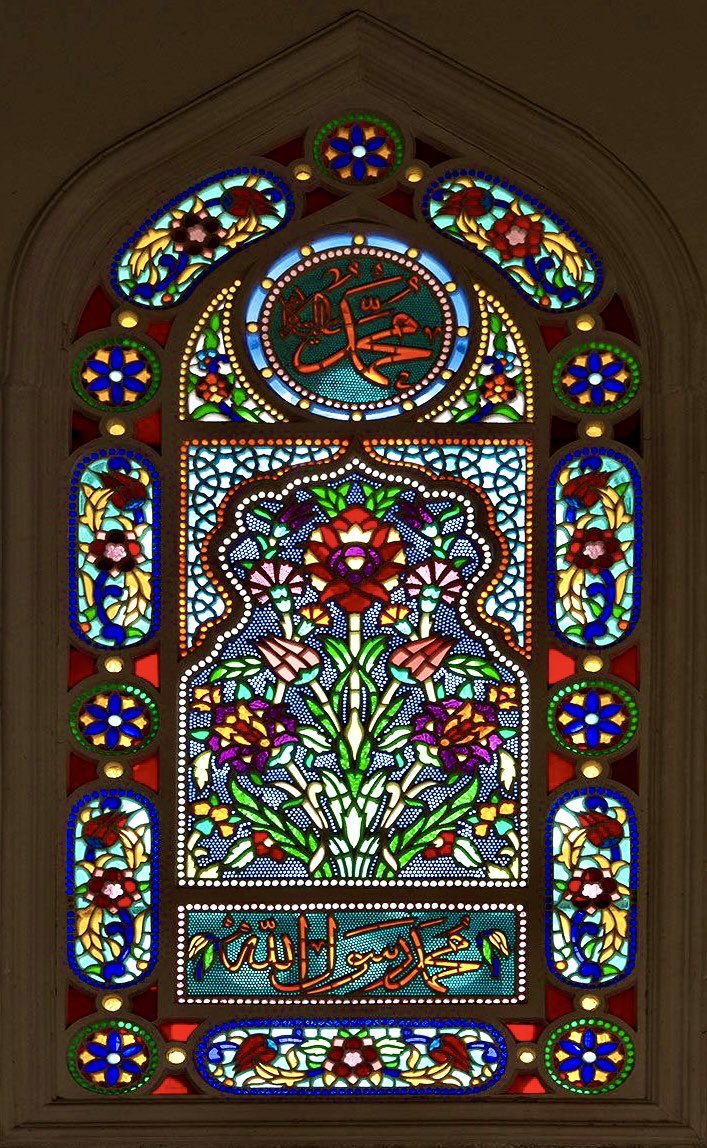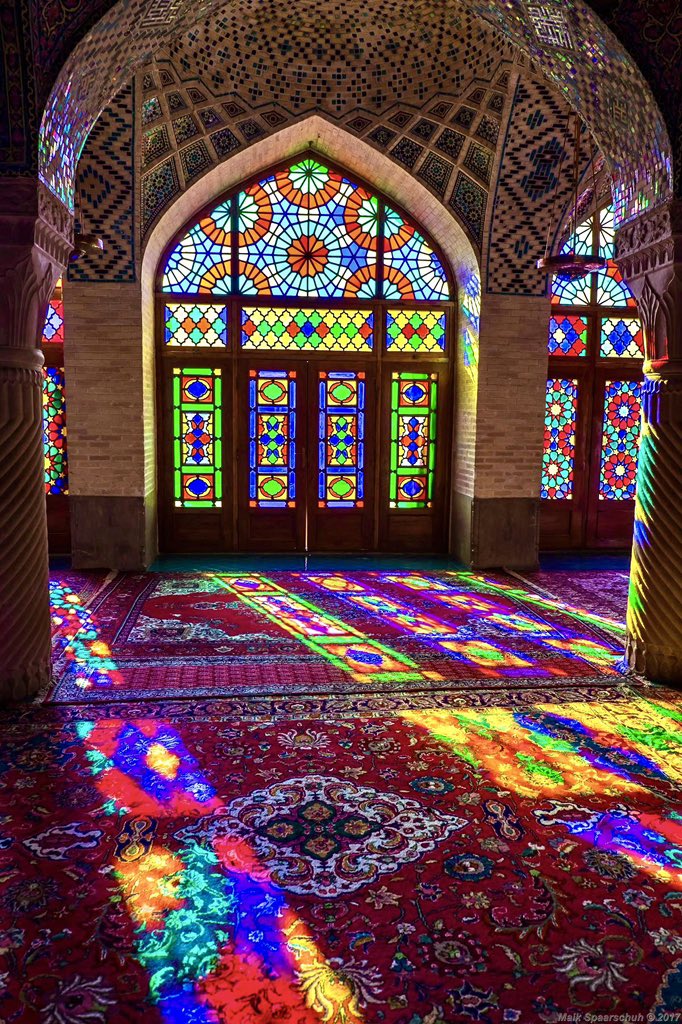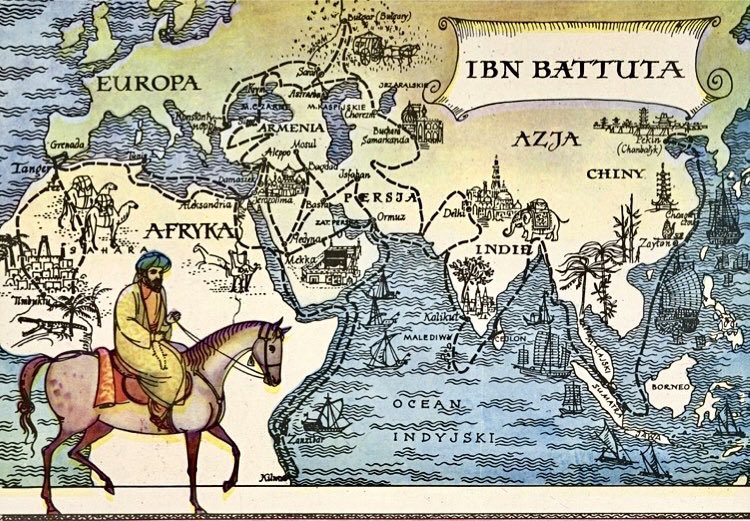Ramadan is the holy month of fasting & is centered around prayer, reflection & community.
People come together for Iftar - the meal in which Muslims break their fast upon the sun setting.
To celebrate Ramadan, a thread on the spiritual meaning of the Iftar…
#RamadanKareem
People come together for Iftar - the meal in which Muslims break their fast upon the sun setting.
To celebrate Ramadan, a thread on the spiritual meaning of the Iftar…
#RamadanKareem

1. Ramadan is an experience that is shared throughout the entire community. Perhaps one of the largest benefits of fasting is that it’s performed by all Muslims in unity, encouraging a bond that is stimulated by obedience to Allah (SWT) #Ramadan 

2. Iftar is one of the religious observances of Ramadan, & is often done as a community, with Muslim people across the world gathering to break their fast together. The meal is taken just after the call to the Maghrib prayer, which is at sunset #Ramadan 

3.The moment of Iftar is a moment of absolute joy for the fasting person. In a Hadith narrated by Abu Hurairah Prophet Muhammed ﷺ said ‘There are 2 joys for the fasting person one Joy is when he breaks the fast another is when he meets the Lord.' (Tirmidhi, Hadith: 766) #Ramadan 

4. Ramadan is most definitely a time which brings the community together. Many community connections are made through sharing Iftar. #Ramadan 

5. While Ramadan for Muslims is about sacrifice, connecting to God and charity, so much of the month is also about gathering — to pray, to eat and to give to those in need. #Ramadan
Distributing a community Iftar meal…
Distributing a community Iftar meal…

6. From community Iftars, to gathering for taraweeh in local Mosques, Ramadan is when our communities engage in activities that get everyone involved, especially for iftar. #Ramadan 

7. Since Ramadan is all about kindness and empathy, we can focus on comforting one another and performing small gestures to ensure those around us do not feel alone, building community connections and celebrating Ramadan in an intimate inclusive way. #Ramadan 

8. One of the best ways to increase faith and be rewarded in the blessed month is by providing iftar to someone else. This is a beautiful deed that the Prophet Muhammed ﷺ practised and encouraged Muslims to perform. #Ramadan 

9. Prophet Muhammed ﷺ said, ‘Whoever feeds a person breaking his fast will earn the same reward as him, without anything being lessened from the reward of the fasting person.’ [Tirmidhi] #Ramadan 

10. Many of us can’t afford to host big iftar dinners, donate iftar to the local Mosque, or feed a poor family for the month. That doesn’t mean we have to miss out on the rewards of providing iftar - even with just a good word…#Ramadan
📷 @momentmemori
📷 @momentmemori

11. Prophet Muhammed ﷺ said, ‘(O people!) Save yourselves from the Fire even if it is with half a date, and if you cannot find that, then (save yourselves by saying) a good word’. [Muslim] #Ramadan 

• • •
Missing some Tweet in this thread? You can try to
force a refresh























